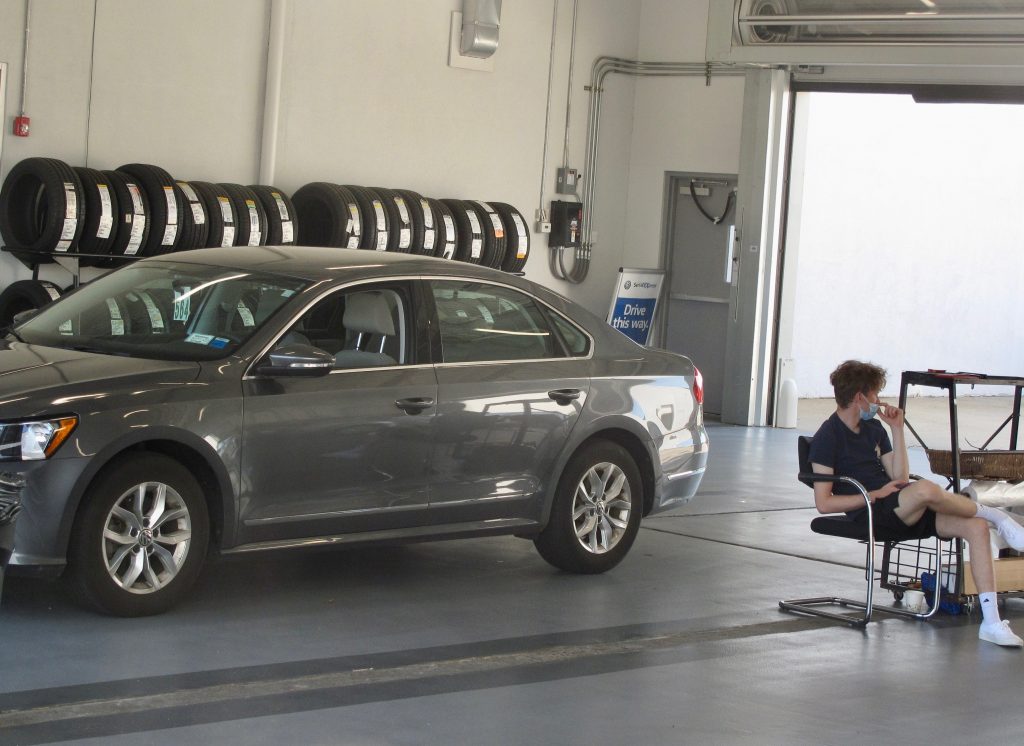
Saturday, May 14
More startling developments of the past few years have come to light. Here are some that should have been on my recent list:
*During 2020, gun deaths in the U.S. rose to the highest number ever recorded, more than 45,000. This resulted in part from a pandemic-paranoia-inspired gun-buying spree. The homicide rate was the highest since 1994, but half of all deaths were suicides. Black men ages 15 to 34 accounted for 38% of all gun homicide victims in 2020, even though this group represented just 2% of the U.S. population.
*After a 30% increase in drug-overdose deaths during 2020, the rise continued with overdose deaths rising another 15% in 2021. A growing share of deaths involve fentanyl, a class of potent synthetic opioids that are often mixed with other drugs, and methamphetamine, a synthetic stimulant.
*On May 12, 2022 Biden announced that the COVID death total in the U.S. had reached one million.
*The first image of a supermassive black hole at the center of the Milky Way galaxy has been exhibited by the Event Horizon Telescope, an international scientific collaboration.
In personal—and much less galactic—news, we have purchased the 2019 Subaru Outback that we have leased for the past three years. This especially makes sense as we have driven it so little over the period of the pandemic—our odometer shows a bit over 12,000 miles. Kelley Blue Book online shows similar cars selling for around $32,000. If so, ours has barely depreciated, $34,343 being the value at the time of the lease in May of 2019. And all told, we paid a lot less than either figure.
I have been reading the literary novel/high-grade science fiction work Station Eleven by Emily St. John Mandel. The central development of the book is a global pandemic that wipes out 99% of humanity. The author caught a wave, as she published the book in 2014, just ahead of the real-world pandemic. Reading the book is a weird experience: The events it describes are much more dire than those we have undergone. But you can easily imagine that things might have turned out something like they do in Station Eleven–or that an even more severe, coming pandemic could have some of the characteristics Mandel describes.
Large cities have been mostly abandoned. Small bands of human survivors live in former suburban fast-food joints and abandoned airports. People break into a Chili’s to scavenge food; otherwise they eat deer or other slain animals. The highways are clotted with abandoned cars, some containing dead victims of the plague. There is no gasoline, no transport at all, and no electricity. Small bands of whacked-out youth, often led by Manson-like “prophets,” roam the countryside, seeking people and things to exploit. Everyone carries weapons.
It’s all horrifying—and spellbinding.
Dinner: Szechuan eggplant and fresh asparagus.
Entertainment: a re-watch of season two of the hugely popular Scandi noir, The Bridge (2012).

